nine-day practical course
NGS Data Analysis
August 11-19, 2015, Moscow
High concentrate version of NGS-courses, that was passed in MSU Faculty of Bioengineering and Bioinformatics in 2014 and 2015. You will study to process and analyse NGS data.
We are waiting for programmers, biologists and bioinformatics.
We are waiting for programmers, biologists and bioinformatics.
Programme
Each day of course you will study from 11am ere night
NGS technologies: theory and practice
Maria Logacheva
Physical principles and technological solutions. Typical data: output size, runtime, read length, paired and strand-assigned reads, error types and rates, etc. Cost-performance. Typical use cases for different platforms
Maria Logacheva
Physical principles and technological solutions. Typical data: output size, runtime, read length, paired and strand-assigned reads, error types and rates, etc. Cost-performance. Typical use cases for different platforms
Unix practice
Dmitry Vinogradov
bash scripting, grep, wc, awk, head, tail, sort
Dmitry Vinogradov
bash scripting, grep, wc, awk, head, tail, sort
Preprocessing of data
Quality control. Trimming, sequencing error correction, digital normalization
Quality control. Trimming, sequencing error correction, digital normalization
De novo genome sequencing
Artem Kasianov
Choice of platform. Selection of libraries (insert size). Genome assembly. Single-cell sequencing and assembly. Whole genome alignment, synteny blocks. RNA-Seq de novo assembly
Artem Kasianov
Choice of platform. Selection of libraries (insert size). Genome assembly. Single-cell sequencing and assembly. Whole genome alignment, synteny blocks. RNA-Seq de novo assembly
Introduction to R and statistics
Pavel Mazin
Statistical tests, robustness, multiple testing, false discovery rate
Dimension reduction. Clustering methods. Regression and ANOVA, discrete distributions, GLM, log-likelihood text. Biological variability (overdispersion)
Pavel Mazin
Statistical tests, robustness, multiple testing, false discovery rate
Dimension reduction. Clustering methods. Regression and ANOVA, discrete distributions, GLM, log-likelihood text. Biological variability (overdispersion)
Statistical analysis of transcriptomic data
Pavel Mazin
Classification and machine learning methods (linear and quadratic discriminant analysis, support vector machines, neural networks, decision trees. lm/anova; glm/anodev. Data normalization and analysis of gene expression: edgeR, limma, DESeq
Analysis of alternative splicing, clustering, interpretations of results (annotation of gene sets, hypergeometric test, GOStat, GSEA etc.)
Pavel Mazin
Classification and machine learning methods (linear and quadratic discriminant analysis, support vector machines, neural networks, decision trees. lm/anova; glm/anodev. Data normalization and analysis of gene expression: edgeR, limma, DESeq
Analysis of alternative splicing, clustering, interpretations of results (annotation of gene sets, hypergeometric test, GOStat, GSEA etc.)
Раковая Genome resequencing
Elena Nabieva, Michail Pyatnitsky
NGS in medicine: exome and targeted sequencing. Short-read mapping. SNP and short indel calling. SNP evaluation. Intro to cancer: background, cancer evolution, passenger and driver mutations, analysis of functional subsystems. Cancer genomics: somatic mutations
Elena Nabieva, Michail Pyatnitsky
NGS in medicine: exome and targeted sequencing. Short-read mapping. SNP and short indel calling. SNP evaluation. Intro to cancer: background, cancer evolution, passenger and driver mutations, analysis of functional subsystems. Cancer genomics: somatic mutations
Epigenetics
Methylome. DNAse I analysis. Epigenetics-II: histone modifications
Methylome. DNAse I analysis. Epigenetics-II: histone modifications
Functional annotation and metagenome analysis
Sophia Garushnyants
NGS approaches and aims. Assembly and annotation of metagenomes
Sophia Garushnyants
NGS approaches and aims. Assembly and annotation of metagenomes
ChIP-Seq
Ivan Kulakovsky
Pre-NGS experimental methods to study protein-DNA interaction. Wet-lab + dry-lab workflow overview. Applications: brief overview. Dry-lab details (TF binding): peak calling, motif discovery & finding
Ivan Kulakovsky
Pre-NGS experimental methods to study protein-DNA interaction. Wet-lab + dry-lab workflow overview. Applications: brief overview. Dry-lab details (TF binding): peak calling, motif discovery & finding
Personal project
Everybody
Instead of homework. Personal project review. Comments and corrects on the big screen. Q&A
Everybody
Instead of homework. Personal project review. Comments and corrects on the big screen. Q&A
Application and Fee
Tuition fees is
30 000 rubles for independent participant,
35 000 rubles for academic staff,
40 000 rubles for corporate participant.
All inclusive: residence in Pushchino, meals, transfer from Moscow and back
Application is finished. We will tell about vacant position or the next course date
30 000 rubles for independent participant,
35 000 rubles for academic staff,
40 000 rubles for corporate participant.
All inclusive: residence in Pushchino, meals, transfer from Moscow and back
Application is finished. We will tell about vacant position or the next course date
We will respond you during the day. Maximal number of participants is 16.
Рartners
Organizing committee

Vita Stepanova
Head of Bioinformatic School
Ksenia Lezhnina
PhD student, MSU

Mikhail Gelfand
D.Sc. (biol.), Ph.D. (math.), Professor of Bioinformatics, The Head Vice director of IITP on science
Contact
If you need to get in touch with us, send a note to yura@pekov.org
Nonprofit Partnership "Bioinformatic seminar"

